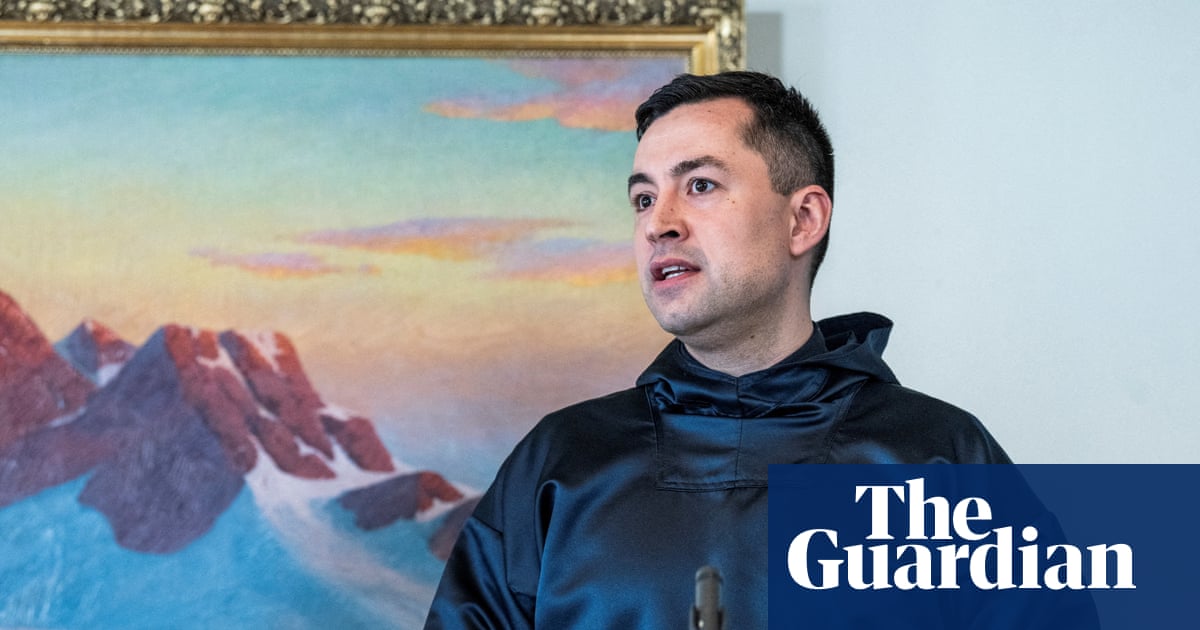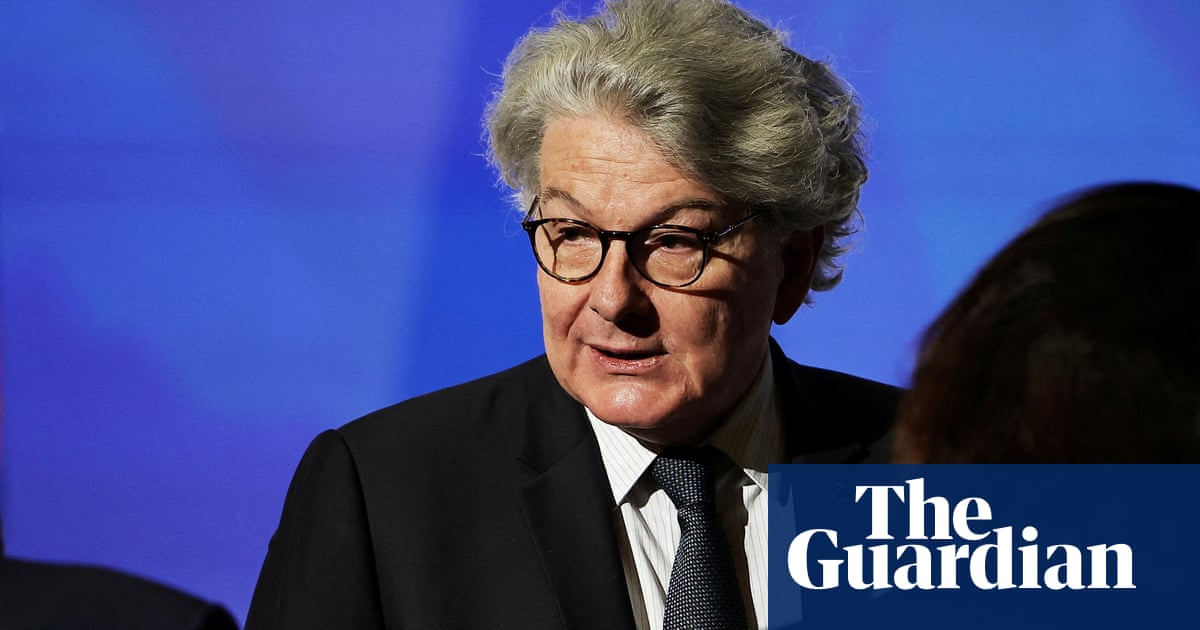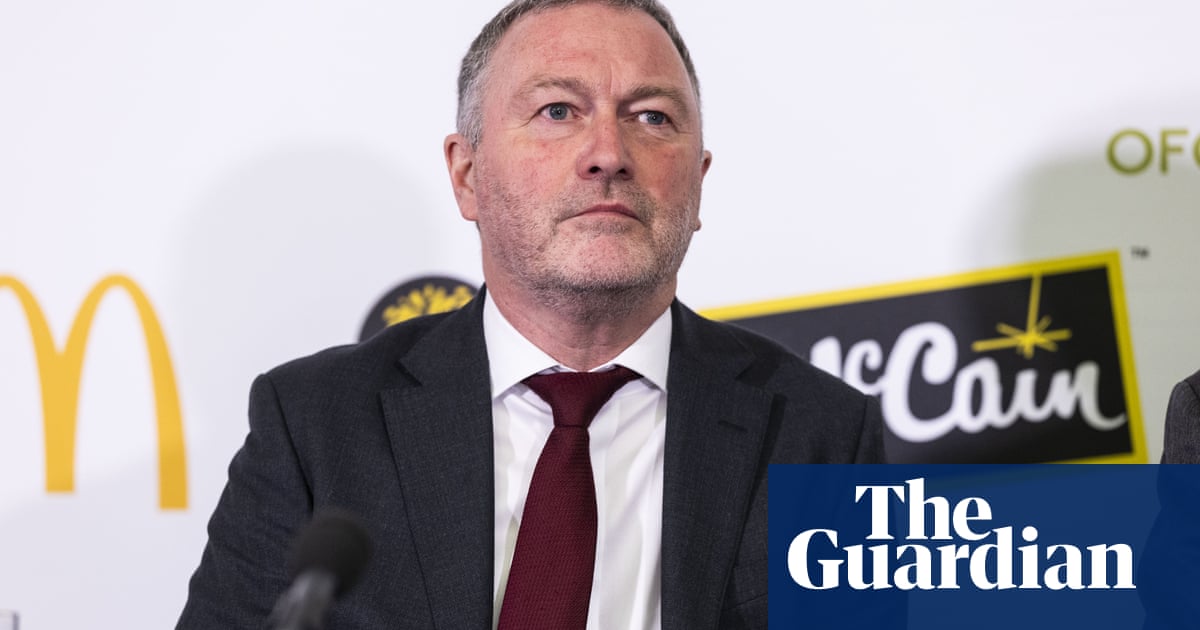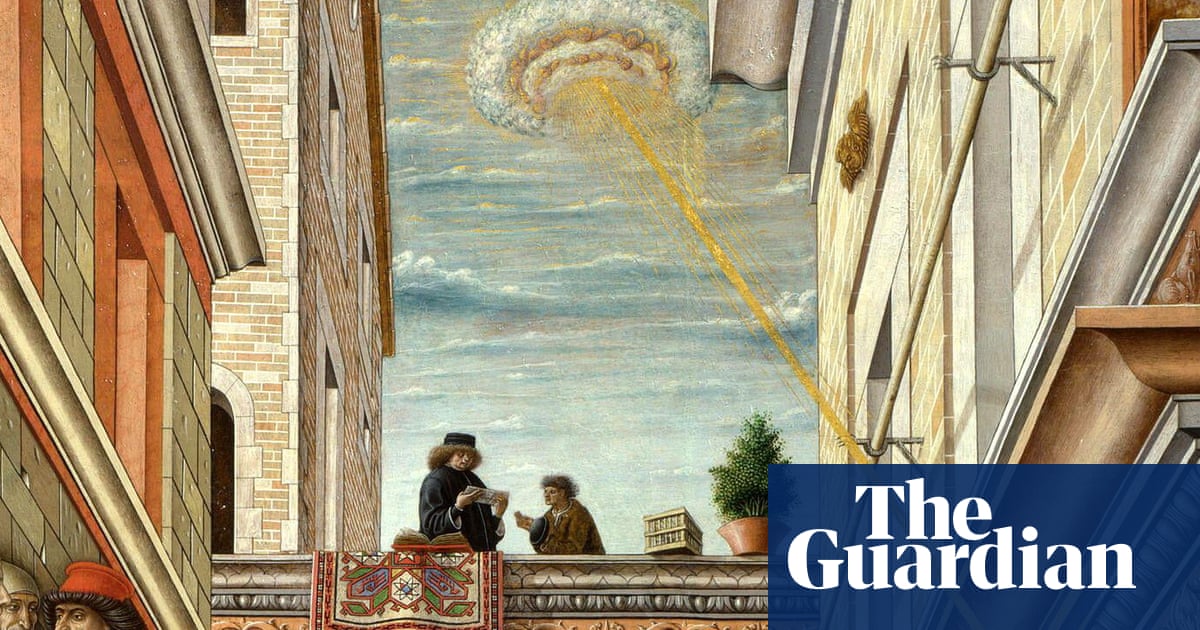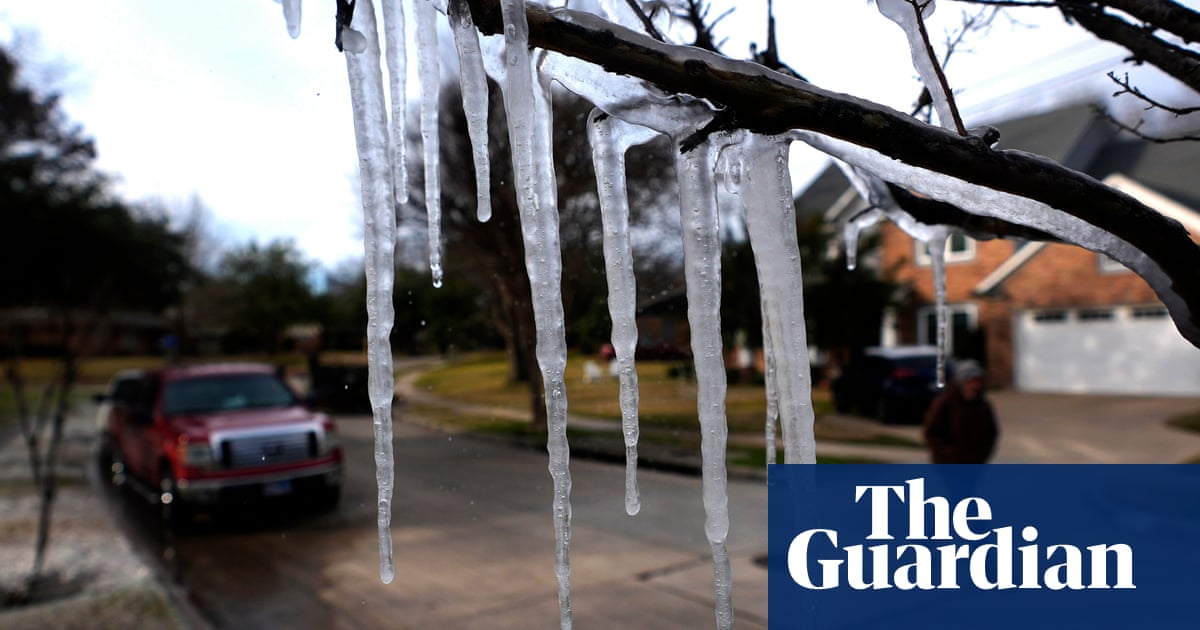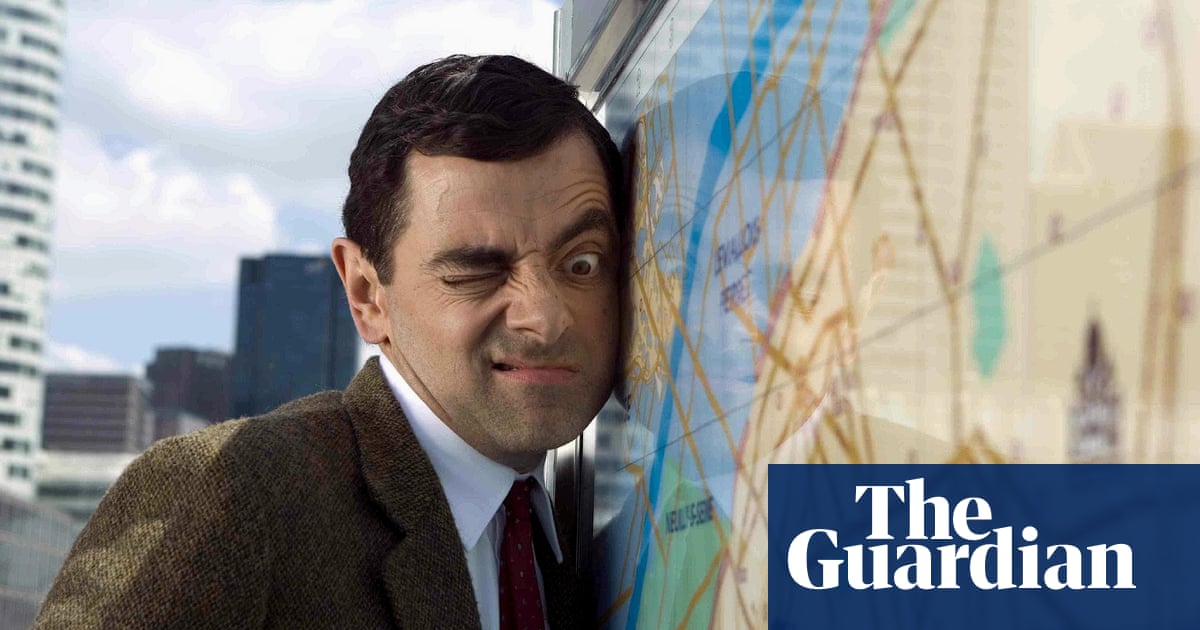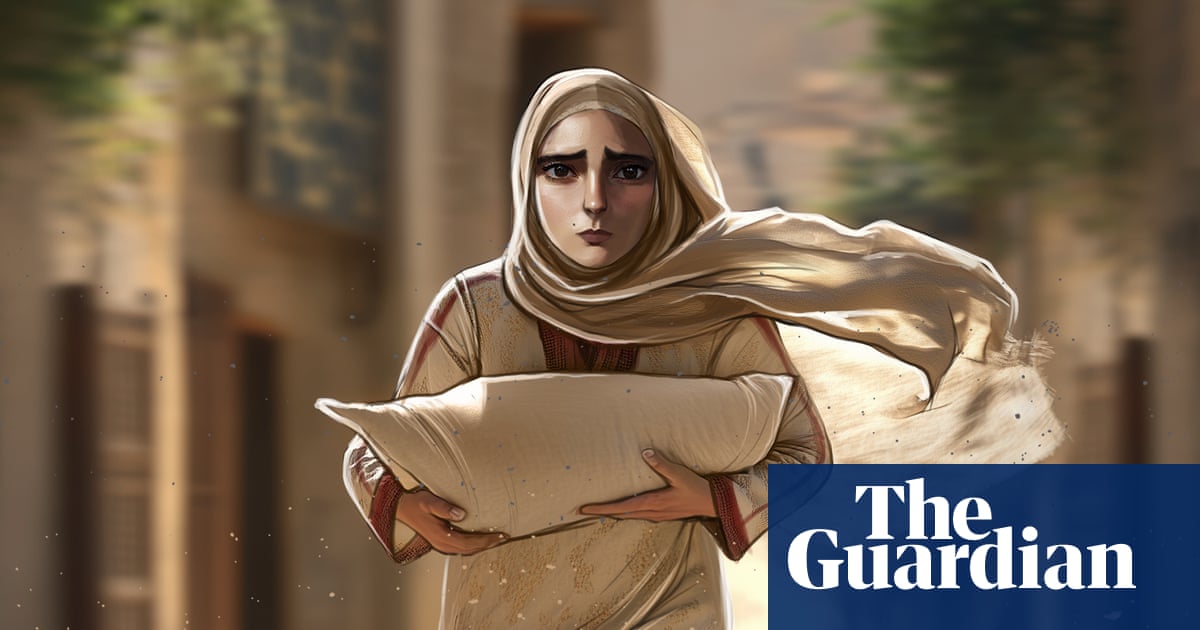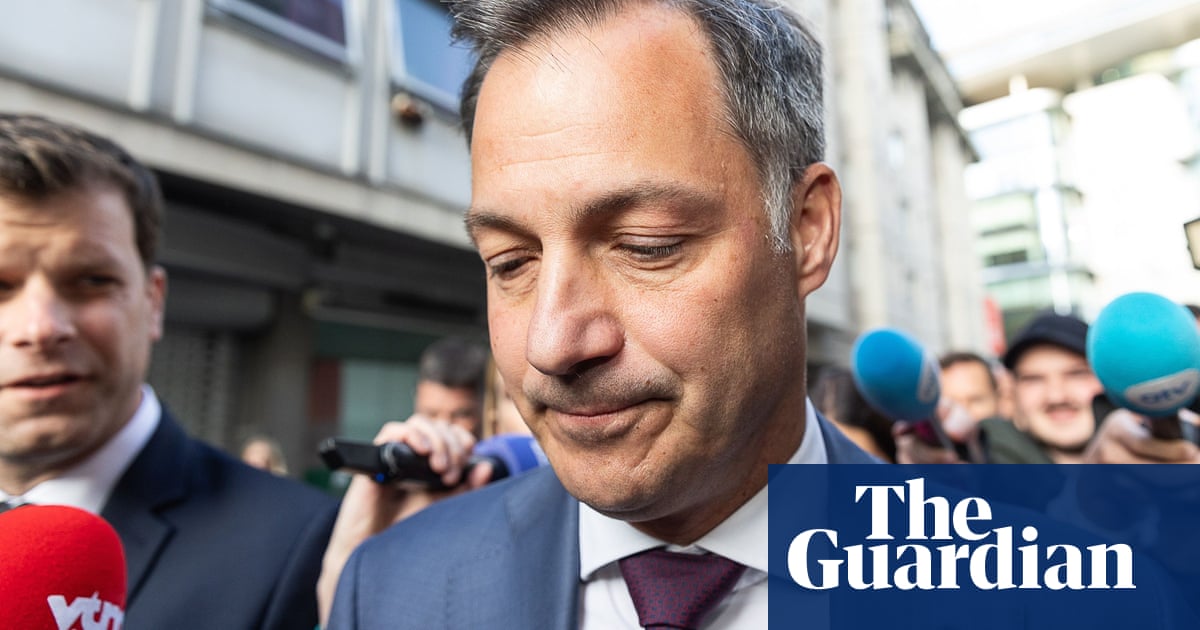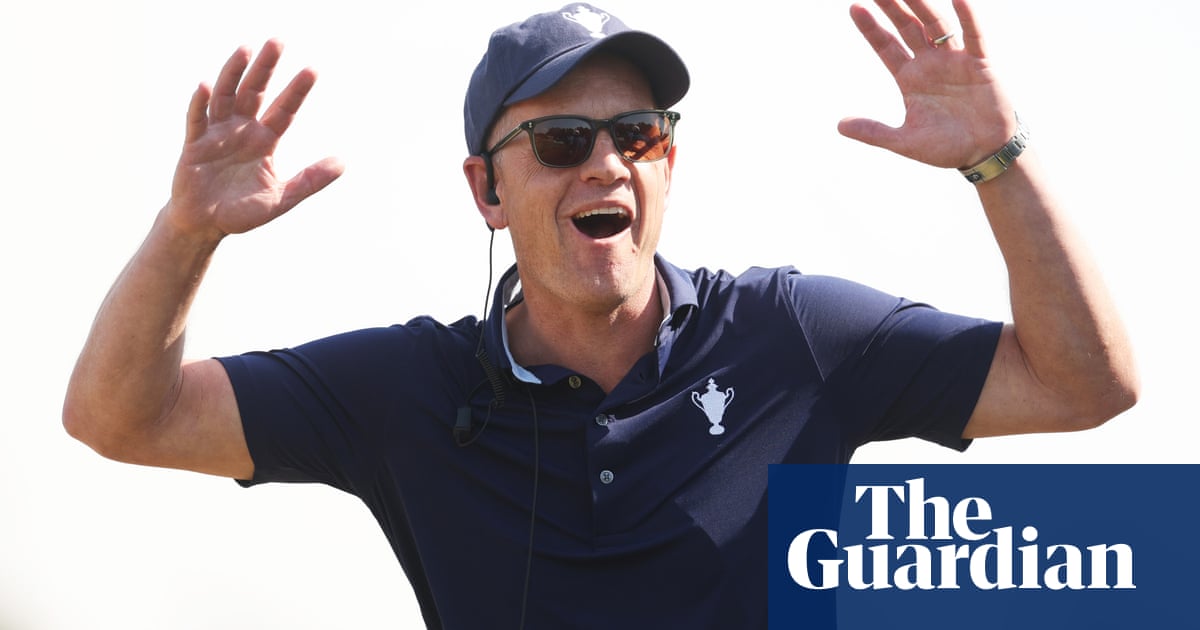“The reality is what was seen on the pitch,” Carlo Ancelotti said, and what was seen on the pitch wasn’t good. In fact, it was awful. So bad that even fans of the club who have made miracles their thing, late European comebacks just what they do, left early, whistling as they went. The only surprise was that they didn’t whip out the white hankies. Real Madrid were 3-1 down to Milan, who had won only once away from San Siro all season, and defeat was as inevitable as it was deserved. Repeated too: in 11 days here Ancelotti’s team had lost as many times as in the whole of last season anywhere.
First Barcelona came to the Santiago Bernabéu and scored four, now Milan got three. Madrid hadn’t conceded so many back-to-back in their home for 15 years – and the shock was that it had happened so recently. Nor was it just that they had been beaten, it was how they had been beaten: there was an indolence that irritated supporters, a weakness, disorientation and individualism that made Milan’s job unexpectedly, almost shockingly, easy. They hadn’t shown up, a bit like for the Ballon d’Or. You could be tempted to call it a system failure, only there was no sign of a system, and after the rare luxury of 10 days to prepare.
“There’s no excuse,” Andriy Lunin said. At the beginning of his post-match interview, about as much as the Ukrainian keeper could manage was to sigh: “Pffff ….” And even the greeting stuck in his throat. “I can’t say ‘good evening’,” he said. But for him, it would have been more than three, which was bad enough.
“We have to be worried,” Ancelotti admitted. “We’re lacking something.” Something? Right now, Madrid were – are – lacking almost everything. Thibaut Courtois and Dani Carvajal, for a start. But although injured absentees are important, although the line between success and failure is often fine and Madrid have a happy habit of falling on just the right side of it, they do not explain this, still less justify it.
Madrid’s loss to Barcelona was their first in 42 league games, one short of an all-time unbeaten record, but nor did this come out of nowhere. The previous Bernabéu game had required one of those remontadas; the second half against Borussia Dortmund had been wild and wonderful, but the best thing they could say at half-time was that they were only 2-0 down. They have now conceded nine goals in three home games. “It’s too many for a team whose strength was based on solidity,” Ancelotti said.
Before that they had been beaten in Lille. Against Stuttgart, they had won 3-1, with goals in the 83rd and 95th minutes. For most of the night, the German team returning to the Champions League after a 15-year absence were far from overawed. In fact, they outplayed Madrid, whose best player was Courtois, just as it was Lunin on Tuesday night.

There were other warnings too, although not playing particularly well hasn’t always been reason enough to distrust Madrid’s capacity to find a way to win. They drew at Las Palmas. At Celta they had needed to call on Luka Modric to wrest back a little control as they got overrun and, outshot, they still would have been denied victory but for wasteful finishing. After a 2-0 win at Real Sociedad, Ancelotti admitted: “We probably didn’t deserve to win.” La Real hit the woodwork three times; Madrid scored two penalties.
It wasn’t supposed to be this way. Madrid had walked the league and were European champions and they had added Kylian Mbappé at last; they were supposed to be invincible, which was part of the problem. If the issues have been seen on the pitch, they start off it. Mbappé arrived at perhaps the only club in the world where there was a player as good as him in his position. Creating a space for him, which is not just about the field but the entire ecosystem, has an impact beyond the left-wing, altering life for everyone. His performances, for all the facile accusations, have not been bad but the finishing sometimes has. Against Barcelona, he was caught offside eight times.
As he arrived, a player even more important departed. Ancelotti called Toni Kroos “irreplaceable”, and he wasn’t replaced: there is no midfielder who can do what he does, no true central midfielder to bring the ball out. Certainly not Aurélien Tchouaméni, fast becoming a scapegoat. Shapes have changed, solutions been sought but not found. Jude Bellingham scored more than 20 goals last season, an improvised role turning out to be a perfect fit, but has none this term, in which his position remains undefined. On Tuesday night Fede Valverde’s wife asked aloud when they would realise that he is not a right-winger. The message was deleted, but the word was out.
“We have to defend better, because that’s the key,” Ancelotti said. “We have to look for solutions to have a more balanced and more solid team. Without going mad changing things there are some tactical details that could improve things.” Those go beyond just a back four, short on resources and exposed. Lucas Vázquez, filling in for Carvajal, has found himself targeted in these past two defeats.
But that is now and this goes back to the beginning. Madrid came into the first game of the campaign with just six days of pre-season, the environment had changed, and that opening night foreshadowed some of what has happened. Or, at least, it provided a glimpse of the fear that it might, the sense that something had shifted. Ancelotti has not always been happy; occasionally, it shows. After Madrid drew 1-1 at Mallorca, he said they lacked “balance,” “attitude” and “commitment”. They had defended badly: they had not “understood” that when they came to press it wasn’t about “one player, or two or three”.
Run, and if you’re tired ask to come off, Ancelotti said that night. But then, he admitted, he had never seen anyone do that in the 40 years. On Tuesday night, he opened one answer by saying: “I can’t say my players are lazy, but …” But. “But the reality is that at this moment we are not capable of doing effective collective work,” he added. Asked about the group dynamics, whether his message was no longer getting through, he insisted: “No, the dressing room is healthy.” Yet he repeatedly talked about the collective, about how responsibility was shared.
If some of it is intangible, some can be measured. Madrid ran 5km less than Milan, 105.2km to 110.4km: an average of five lengths of the pitch for each outfield player. Ancelotti described that as a characteristic that could be seen last season, but the numbers are starker now. This season they are running 3.5% less, according to stats offered by El País and Hudl Daas, a sports data consultancy. Coming into this round of games, only two teams had run less: Slovan Bratislava and Red Star Belgrade. Lille had outrun them by more than a kilometre per player. Their average is more than 25km less than Bayern Munich.
Barcelona’s players commented on how Madrid fell away physically in the second half of the clásico. Milan’s seemed able to walk away from them, picking their way through an absent midfield with ease. And it had hurt, which may help. There is nowhere to hide any more, at least.

“It is good for the players to feel sunk like I feel sunk,” Ancelotti said. “We have not been able to offer a good version of ourselves and so the concern is normal. We have to accept the criticism and be aware of the reality, which is that we are not doing well. We want to be better because it will be hard to make it to the end of the season [competing] like this. This will be a very long night, the coming nights will all be long, but that allows us to think about what we can do to improve. We have to think – all of us – and find the solidity that we had for a long time and which is lacking now.
“Every year there are hard moments when you have to hang on, fight, suffer. We have to suffer together. What’s not so normal is that this team had a very good run and has fallen so fast. But that is part of football too: when you think everything is perfect, you fall. The good thing about football is that we have another game in our stadium soon where we can go back to being the team we were last year.”

.png) 2 months ago
15
2 months ago
15

